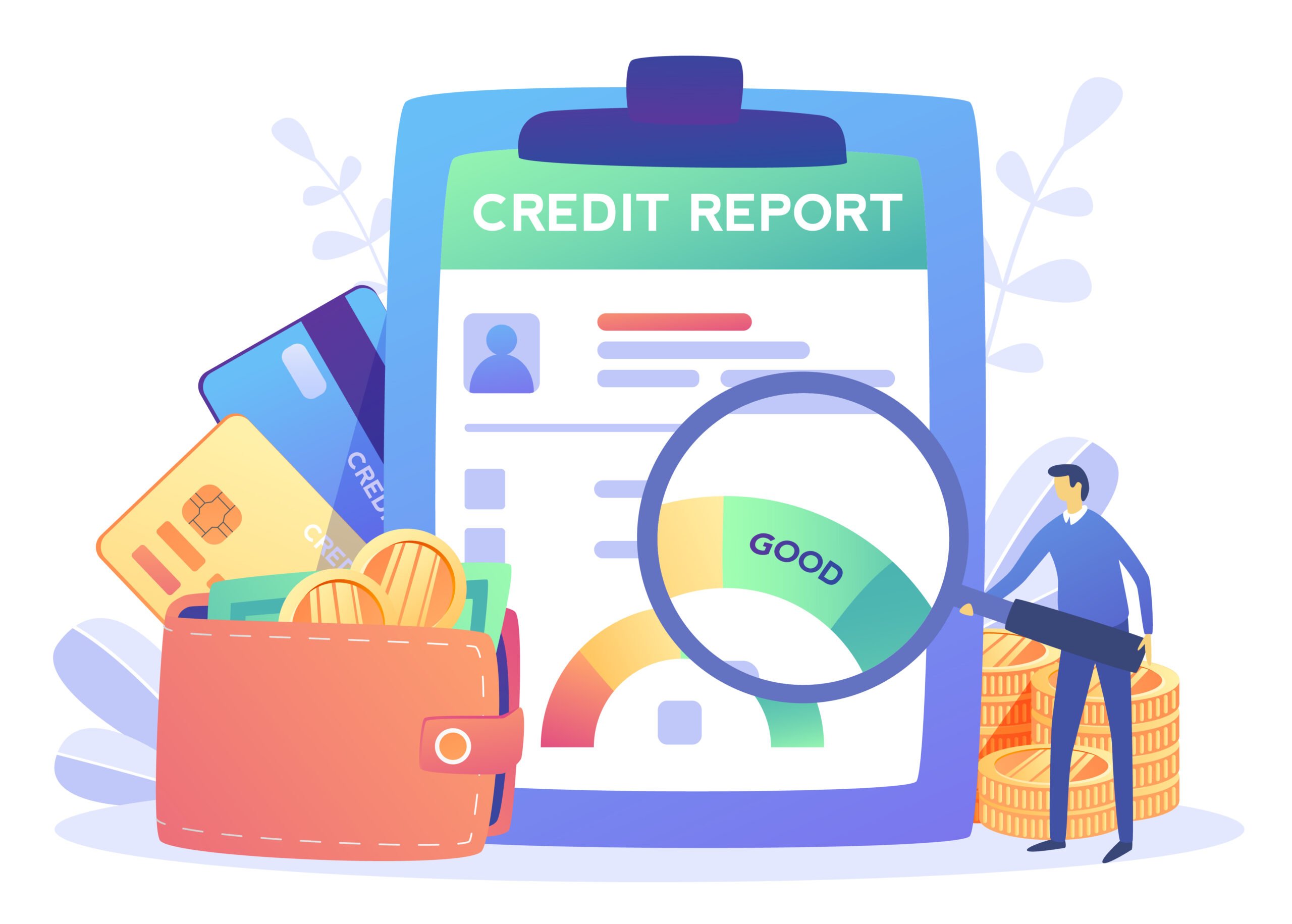Summary: What is a Credit Score?
The credit score is a basic and very fundamental part of our banking and financial system. In Canada, your credit score generally ranges between 300-900 and your score depicts your creditworthiness.
Creditworthiness is essentially an answer to this question: should a bank be willing to lend money to you? Understanding the basics of a credit score and what factors might impact it are important considerations for everyone – especially young professionals.
What is a Credit Score?
A credit score is a number between 300-900 that rates your reliability and consistency as a borrower of money. Long story short, the higher the score, the better you look to lenders when you try to borrow money (think house, investments, vehicles – more on that here).
Canadian credit scores are officially calculated by two major credit bureaus: Equifax and TransUnion. You can view sample credit score summaries from each bureau (see Equifax here and TransUnion here).
What Factors Determine a Credit Score?
According to the Government of Canada, your credit score may be affected by the following factors (in no particular order):
- how long you’ve had credit
- how long each credit facility has been open
- if you carry a balance on your credit cards
- if you regularly miss payments
- the total amount of your outstanding debt
- being close to, at or above your credit limits
- the number of recent credit applications
- the type of credit you use
- if your debts have ever been sent to a collection agency
- any record of insolvency or bankruptcy
As a general rule, the following five factors are considered to be the most important (corresponding percentage weighting in the score calculation):
- payment history (35%)
- total amount owing of your available credit (30%)
- length of credit history (15%)
- types of credit (10%)
- the of new credit applications (these are called “credit inquiries” or “hits”) (10%)
How do Credit Scores Work?
Credit scores can have serious impact on your financial life. People with lower credit scores often pay higher interest rates than people with higher scores (this is because the bank charges the higher rate to compensate themselves for the increased risk of loaning you money). Having a low credit score also will likely reduce the repayment term (make you pay it back quicker) and/or require a co-signor. The key here is to remember that this is a summary of your credit history (how reliable, predictable and consistent in repaying your debt are you?).
Credit scores will be used (“pulling a credit report” is a colloquial term for pulling someone’s credit score/report when they apply for a loan) by potential lenders for the vast majority of instances where you apply for credit/loan. A few examples of applications that this would apply to are as follows:
- smart phone contracts
- cable service or utilities
- rental applications
- mortgage applications
- credit card applications
- car loan/lease applications
Once you have this basic understanding of credit scores, use this article to learn practical advice on how you can build and improve your credit score as a young professional. This will be important for future funding for education, home purchases and entrepreneurial pursuits (if you need to borrow money).
As a very general rule, these are the average/standard ranges of credit scores (300-900) and their general meaning:
- Excellent: 800 to 900
- Very Good: 720 to 799
- Good: 650 to 719
- Fair: 600 to 649
- Poor: 300 to 599


